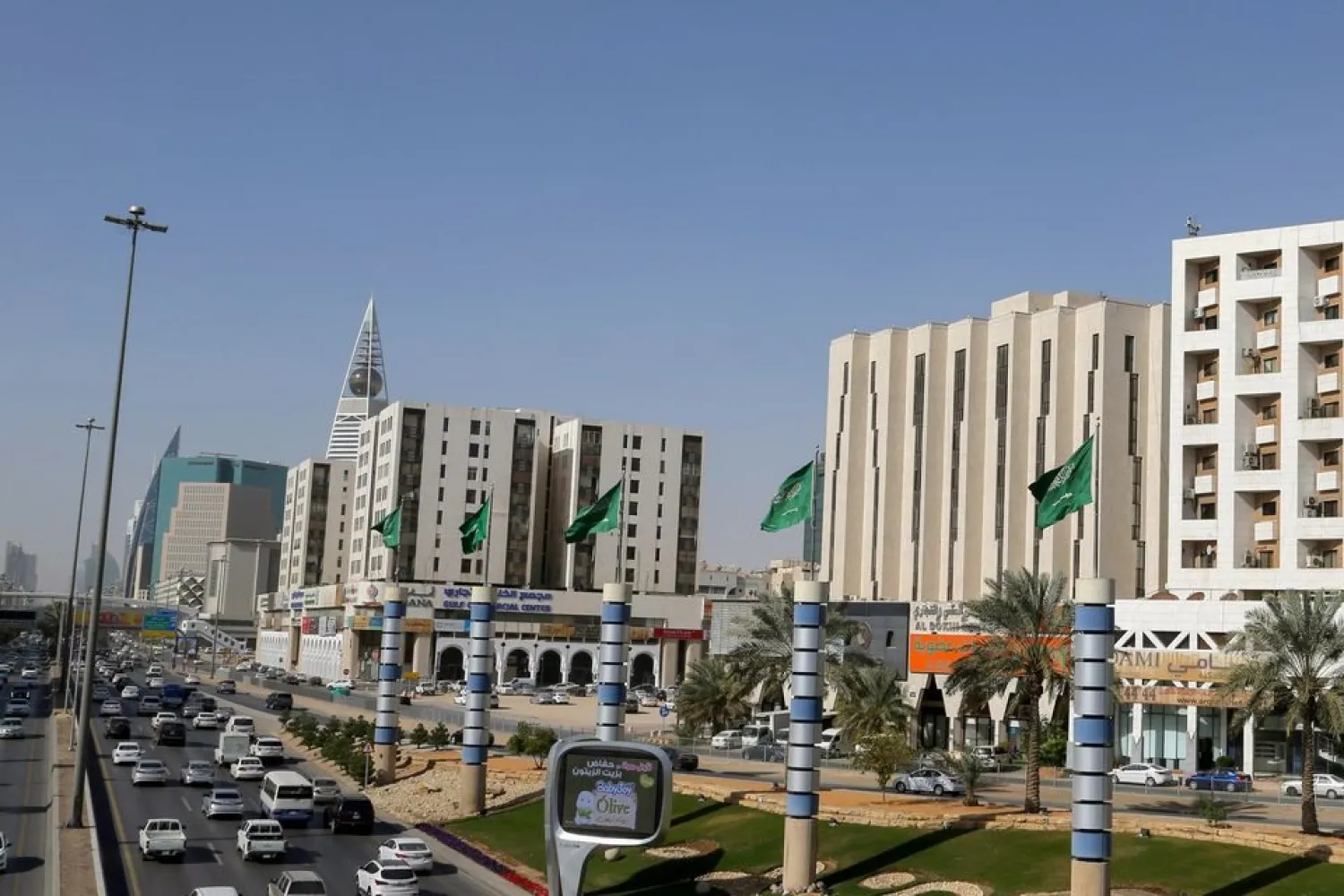The Saudi-Sudanese Investment Forum will kick off on Sunday in Khartoum, to discuss investment opportunities in various economic fields.
The forum will witness bilateral discussions and meetings between officials from both countries.
Saudi Minister of Environment, Water and Agriculture, Eng. Abdurrahman bin Abdulmohsen will participate in the forum, which will also be attended by the economic sector ministers from the Sudanese government.
Several Saudi businessmen and their Sudanese counterparts, commercial chambers, and business owners will also be present.
Sudan’s Minister of Finance and Economic Planning, Dr. Jibril Ibrahim told the press on Saturday that the forum is an extension of the meetings that were held in the Kingdom.
The forum aims to hold discussions with Saudi investors and to present the investment opportunities in all sectors including agriculture, minerals, oil, and renewable energy. Investment opportunities also cover activating the public-private partnership and the related laws.
Sudan’s Minister of Investment and International Cooperation Dr. Al-Hadi Mohamed Ibrahim hoped the forum would result in developing a comprehensive plan to optimize resources in Sudan.
The Saudi-Sudanese Investment Forum will continue until Monday.
Sudan’s finance minister had discussed with his Saudi counterpart Mohammed Al-Jadaan financial and economic cooperation while they attended the annual meetings of the Islamic Development Bank Group in Tashkent in Uzbekistan last week.
In July, Ibrahim visited the Kingdom and met with officials to discuss bilateral ties and means to develop them.
He was accompanied by Minister of Energy and Oil Eng. Jadin Ali Obaid Hassan and Minister of Investment Al-Hadi Muhammad Ibrahim.









